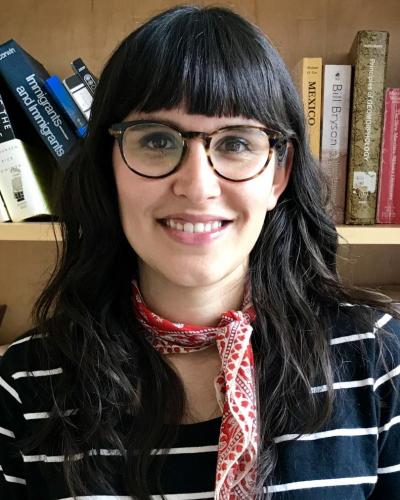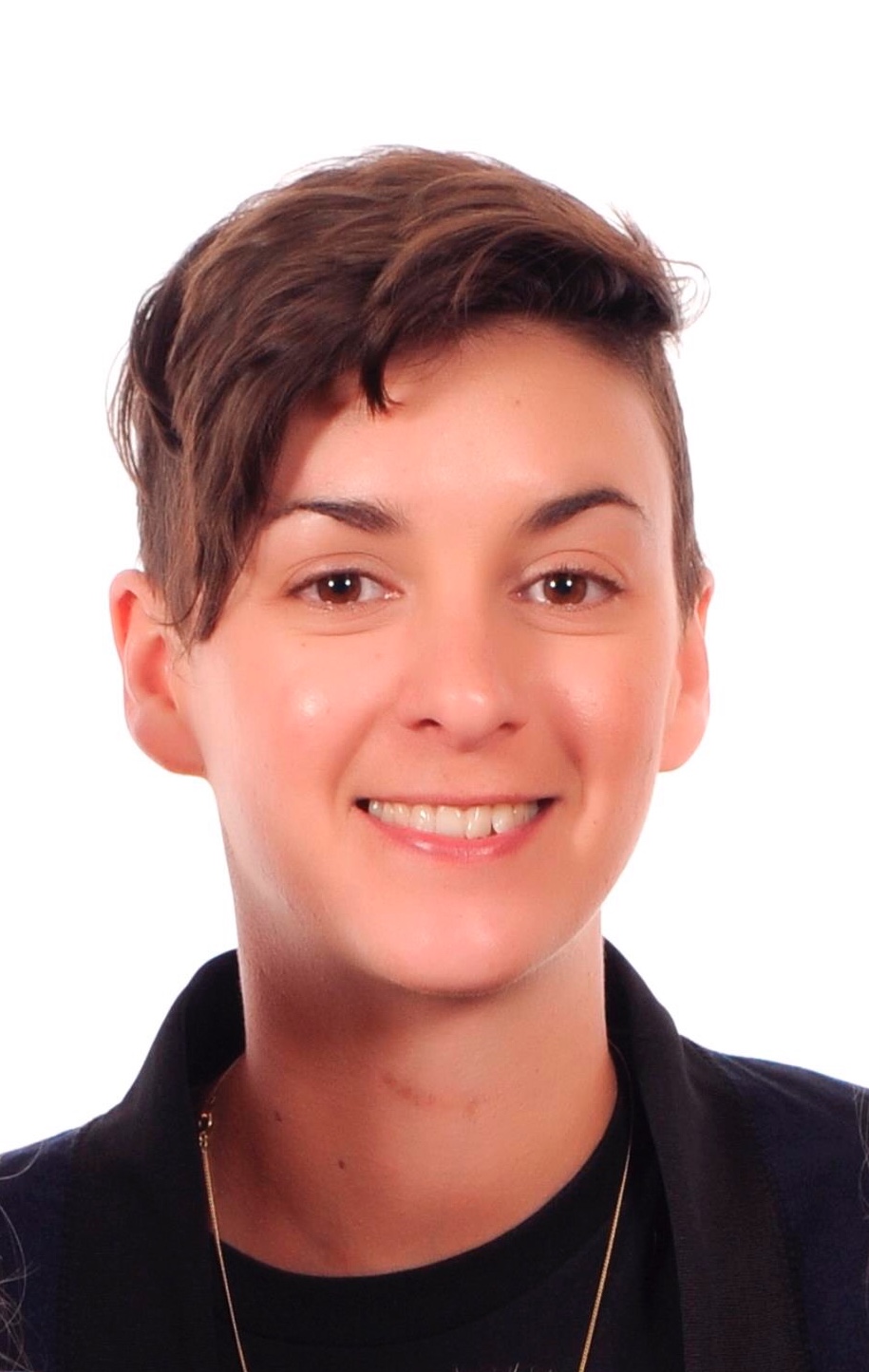WHEN: Friday, March 1st, 12:00 PM - 2:00 PM
WHERE: Knox Hall 501D, 606 W 122nd Street
This event is free and open to the public. Lunch and light refreshments will be provided. All are welcome!
Public Attitudes towards Romantic Compatibility: An Exploration of Gender Ideals and Group Boundaries
Daniela Urbina Julio (Sociology and Social Policy, Princeton)
Sociologists have had a long-standing interest in whom marries whom as a reflection of group boundaries and social norms. Although past research has frequently studied marital selection behavior, few studies have examined Americans’ normative beliefs about this process. In this study, I examine how partners' characteristics (i.e. race, gender, relative education, relative income) causally affect public perceptions of romantic compatibility and marital duration. In addition, I also explore how malleable these normative beliefs are to changing social contexts by priming respondents with information on specific population trends transforming marriage markets (i.e. women's schooling). Together, this study seeks to better understand how gender ideals and group boundaries shape public attitudes on marital selection and romantic compatibility.
Daniela Urbina Julio is a student in the joint degree program in Sociology and Social Policy at Princeton University, with a concentration in demography. She is interested in family demography, gender inequality, education, and quantitative methods. Her current projects examine how specific social policies affect household and gender dynamics, the implications of educational expansion for marriage markets, and the application of regularization methods for selecting log-linear models. Daniela’s work has been published or is forthcoming in Population Research and Policy Review and Sociological Methods and Research.
The Lesbian Worker Paradox: Determinants of Favoring and Disfavoring Lesbians in the U.S. Labor Force
Emma Mishel (Sociology, NYU)
Common sense might suggest that lesbian workers are doubly disadvantaged due to their gender and stigmatized sexual orientation. However, the "lesbian worker paradox" puts forth that lesbians could either be favored or disfavored in the labor market compared to straight women. This study takes an intersectional approach to understand how the lesbian paradox operates, for both white and black lesbians. To help illuminate mechanisms behind favoring or disfavoring female job candidates based on both sexuality and race, I implement a survey experiment. I recruit respondents to rate fictitious female job candidates - both white and black and lesbian and straight - on various items, such as perceived competence, warmth, and morality. Overall, the experiment aims to illuminate mechanisms underlying labor market discrimination against sexual and racial minority women.
Emma Mishel is a doctoral candidate in sociology at NYU. Her work has been published in Socius and Sociological Science, and her recent research investigates the nature and consequences of workplace discrimination against LGBT individuals.
Through the Experimental Design Workshop, social scientists at Columbia have the opportunity to workshop the design of an experiment they have not yet fielded. Presenters will receive specific, actionable feedback on that design from other workshop participants. For inquiries about the Experimental Design Workshop Series, please contact Daniel Tadmon (daniel.tadmon@columbia.edu) or Maria Abascal (mca2113@columbia.edu).
Funding support for the Experimental Design Workshop Series is provided by the Paul F. Lazarsfeld Lecture Series, administered by INCITE, which features events and programming that embody and honor Lazarsfeld’s commitment to the improvement of methodological approaches that address concerns of vital cultural and social significance.
If you are interested in joining the workshop's email list, please contact Daniel Tadmon (daniel.tadmon@columbia.edu).


